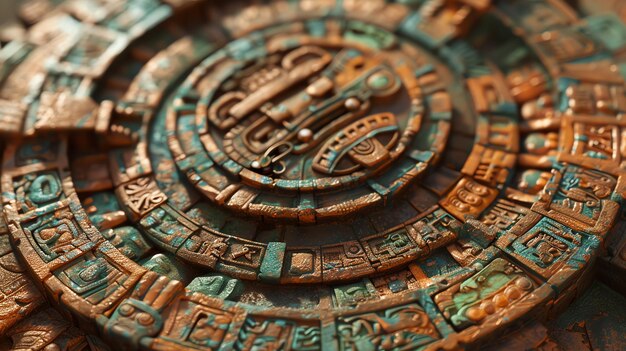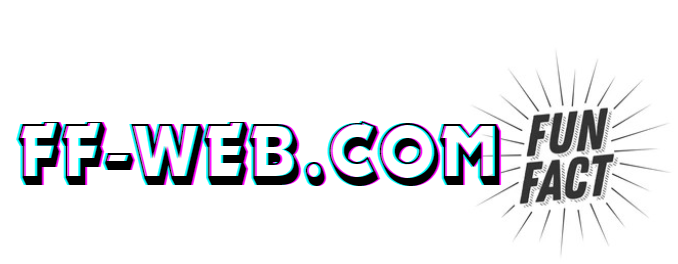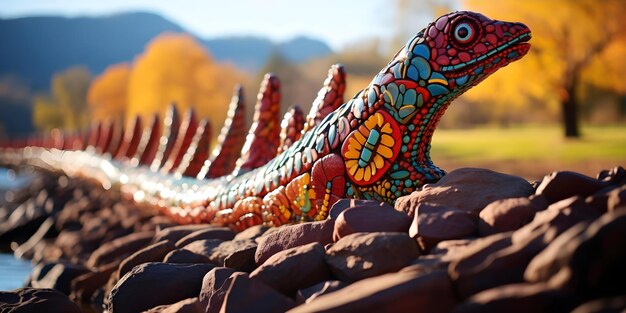Quick Read
Quetzalcoatl: The Feathered Serpent God of Ancient Mexico
Quetzalcoatl, the Feathered Serpent or Plumed Serpent, is a significant deity in
Aztec and
Toltec mythology
Originating in the ancient city of
Teotihuacan
, Quetzalcoatl is believed to have been a creator god, responsible for the creation of mankind. He is often depicted as a serpent with feathers or a feathered bird, signifying his connection to both the earth and the sky.
Legend
According to legend, Quetzalcoatl was a wise and benevolent ruler who brought civilization to the Mexica people. He taught them agriculture, astronomy, and art. However, his reign was eventually challenged by a rival god named Tezcatlipoca, who convinced Quetzalcoatl to abandon his people and depart for the east in a fiery chariot.
Return
Quetzalcoatl was said to have promised his people that he would return one day, bringing with him a new era of peace and prosperity. This belief in the god’s impending return influenced Aztec culture significantly, shaping their art, architecture, and religious practices.
Cult
Quetzalcoatl was one of the most widely worshipped gods in pre-Columbian Mexico, with temples dedicated to him throughout the region. His cult persisted even after the Spanish conquest, and many elements of his worship were incorporated into
Roman Catholicism
. Today, Quetzalcoatl remains an important symbol of Mexican culture and identity.
Note: The precise details and interpretations of Quetzalcoatl’s mythology vary among different sources, reflecting the rich complexity of ancient Mexican religious beliefs.

Quetzalcoatl: The Mesoamerican Deity of Life, Renewal, and Transformation
Mesoamerican cultures, particularly those in ancient Mexico, were renowned for their rich and diverse polytheistic belief systems. One of the most significant deities within this ancient pantheon was Quetzalcoatl.
Origins and Mythology
According to various mythologies, Quetzalcoatl was either the creator god or a transformative figure responsible for shaping humans and the world. In Central American myths, he is said to have formed humans from maize or other elements, while in Aztec mythology, Quetzalcoatl was an exiled ruler who traveled southward, transforming into a feathered serpent as he went.
Symbolism of Quetzalcoatl’s Form
The symbolic representation of Quetzalcoatl is striking: a powerful combination of feathers (representing life, renewal, and the heavens) and a serpentine body (associated with the earth, transformation, and the underworld).
Attributes and Roles
Quetzalcoatl assumed various roles as a deity, including:
- Creator god: In some mythologies, he was believed to have created the world or formed humans from maize.
- God of wind and rain: Quetzalcoatl controlled the weather, bringing life-giving rains during the growing season and destructive winds during droughts.
- God of knowledge and wisdom: He was considered the patron of priesthoods, scholars, and teachers.
- Dual nature: Quetzalcoatl embodied aspects of both light and darkness, life and death.
Worship and Cult Practices
Devotees of Quetzalcoatl expressed their reverence through various methods:
- Temples and shrines: Dedicated temples and shrines existed for the deity, often featuring serpentine structures or images of feathered serpents.
- Sacrifices: Humans and animals were sometimes sacrificed to appease Quetzalcoatl or request his favor.
- Feasts and ceremonies: Special occasions, such as harvests and religious festivals, were celebrated in Quetzalcoatl’s honor with feasts, music, and dance.
Legacy and Influence
Quetzalcoatl’s influence extended beyond ancient Mexico:
- Art: The feathered serpent was a common motif in ancient Mexican art, found on various objects such as pottery, textiles, and stone carvings.
- Syncretism: Quetzalcoatl’s influence continued into the Spanish colonial period, with the deity being syncretized with Christian saints such as St. Thomas and St. Michael.
- Modern interpretations: Quetzalcoatl remains an important figure in contemporary Mexican culture, inspiring literature, music, and folklore.
Conclusion
Quetzalcoatl was a powerful and multifaceted deity in Mesoamerican mythology, believed to have shaped the world and played essential roles in various aspects of life. From creation to knowledge, weather to transformation, Quetzalcoatl’s presence continued to inspire awe and reverence throughout ancient Mexico and beyond.
video




